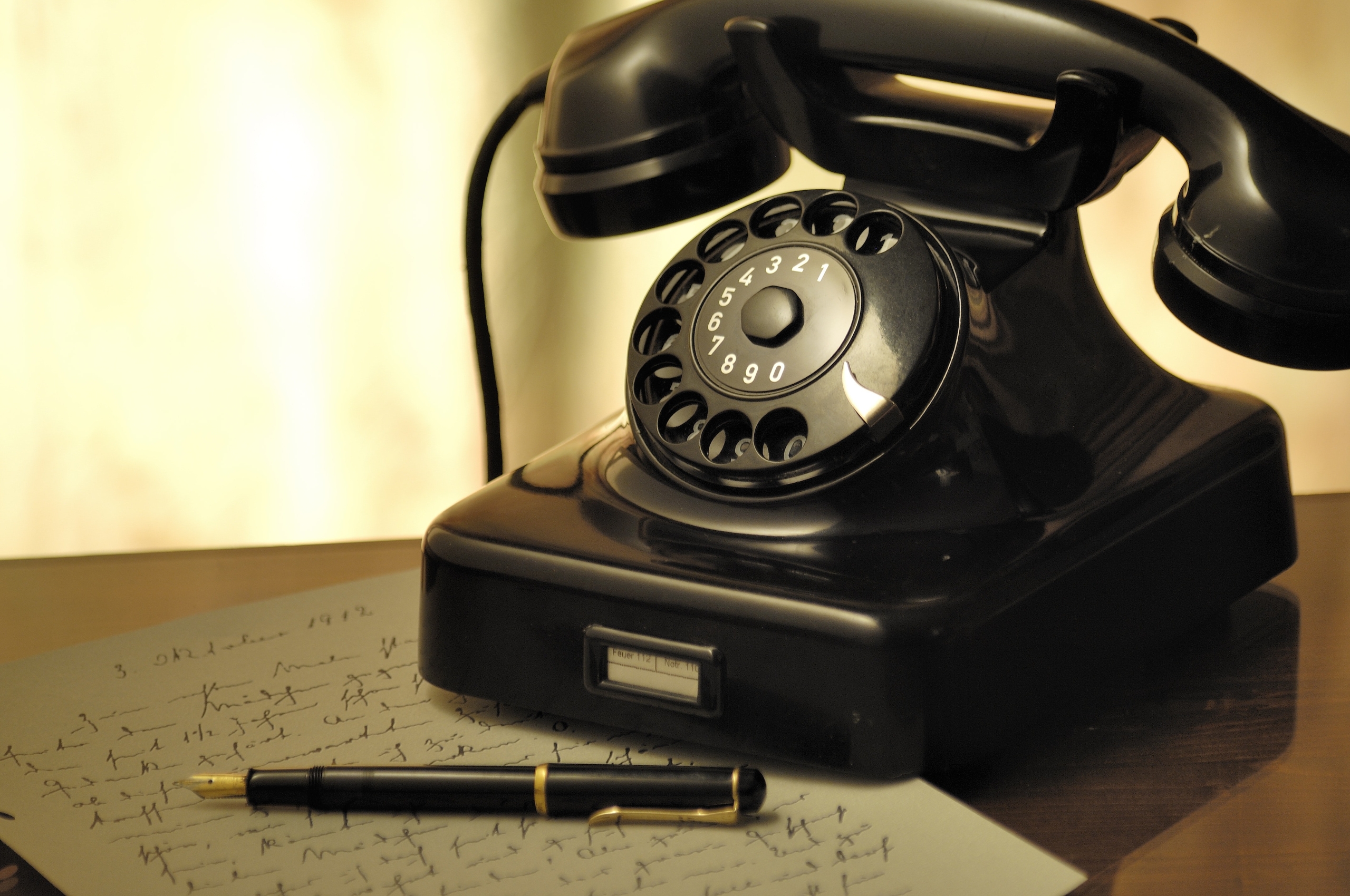The answer, according to the current study, is yes. The number of calls from customers in the purchasing phase of the buying cycle climbed by 22% in 2019, and the length of calls to enterprises increased by 22%.
Phone etiquette is at risk of deteriorating, especially among younger employees, since we converse on the phone less in our personal life, with many individuals preferring text or message services.
With this in mind, we’ve compiled a list of our top phone etiquette tips, which are still essential for success.
Quickly Respond
Consumers want to feel that you care and understand them, and leaving the phone ringing sends the message that you aren’t concerned. It may even give the impression that customer service isn’t a top concern at your company.
Picking up the phone after the third ring is a decent rule of thumb; you don’t want to startle your caller by picking up after the first. You also don’t want to be agitated and begin the call on the defensive.
Introduce Yourself
It’s easy to assume that business connections have already checked you out on LinkedIn and have a general notion of who you are in this age of social media. However, the rules are different when you’re on the phone.
Take as much time to explain who you are, what your function is within the organization, and how you can help them and vice versa if you haven’t spoken with a prospect previously.
If this is a connection you wish to develop, you may always send an email with your digital contact information after the call.
Early on, State the Purpose of the Call
Every call should have a purpose, and in order to achieve that purpose, both sides must be on the same page from the beginning. It’s not odd to state the purpose of the call right away – as long as it’s done correctly. Be succinct and clear, but kind. Professionals today are more time-strapped than they have ever been. They’ll be grateful to you for pointing them in the right direction.
Speak Clearly
This may seem self-evident, but we aren’t as accustomed to talking on the phone as we once were.
It’s critical to talk clearly and at an acceptable volume when your voice is your primary medium of communication — without the use of facial emotions or body language. Mumbling, while it may take some effort, will reveal a lack of expertise or confidence.
On a voice call, keep in mind that no one can lip read. Practice speaking on the phone so that you sound the way you want to.
Master the Tone of Voice for Your Brand
Examine your company’s tone-of-voice document and, with the help of the marketing department, figure out what you can do during phone calls to ensure you’re following it. This could be due to the language you use, the subject of the call, or simply your demeanor. It’ll most likely be a combination of all three.

Give it your Complete Attention.
You can’t slack off just because you’re hiding behind your phone. Even if they can’t see you, the person you’re conversing with will notice if your focus isn’t entirely on them.
Asking questions and taking notes, as well as letting them know you’re writing down what they say, will help them feel like they’re getting the attention they need. This sales tactic is as old as time, but it works: repeat some of the details of what they say back to them to show you’re paying attention.
Before Putting Someone on Hold or Transferring them, be Sure you Ask
This is basic etiquette that is frequently ignored. Before you transfer or put someone on hold, ask the person on the other end of the line if there is anything you can do to make their experience with you easier.
Simply pressing the button without warning will come out as disrespectful, and the caller may simply hang up if there is no deadline in mind. Consider how you’d like to be treated on the phone, and give your callers the same civility.
Maintain a Positive Attitude
Staying cheerful is crucial for people representing their firm over the phone, especially when dealing with complaints, and it’s maybe the trickiest one on the list.
Stay optimistic and tell the caller you’ll get back to them as soon as possible if you feel you can’t handle a complaint or difficult customer. This gives you time to consult with colleagues on the best course of action.
Continue to be Courteous
“Manners are free,” as the old adage goes.
There is no excuse for not being nice, regardless of your brand’s tone of voice or the situation on the phone. Even in difficult conditions, remaining respectful and professional will go a long way toward acquiring the mutual respect needed to fulfil your call’s objectives.
Don’t Be Afraid to Try out Other Mediums.
Being the one salesman or account manager who is willing to engage with them by Skype or text, for example, will help you score major points with the phone-averse.












